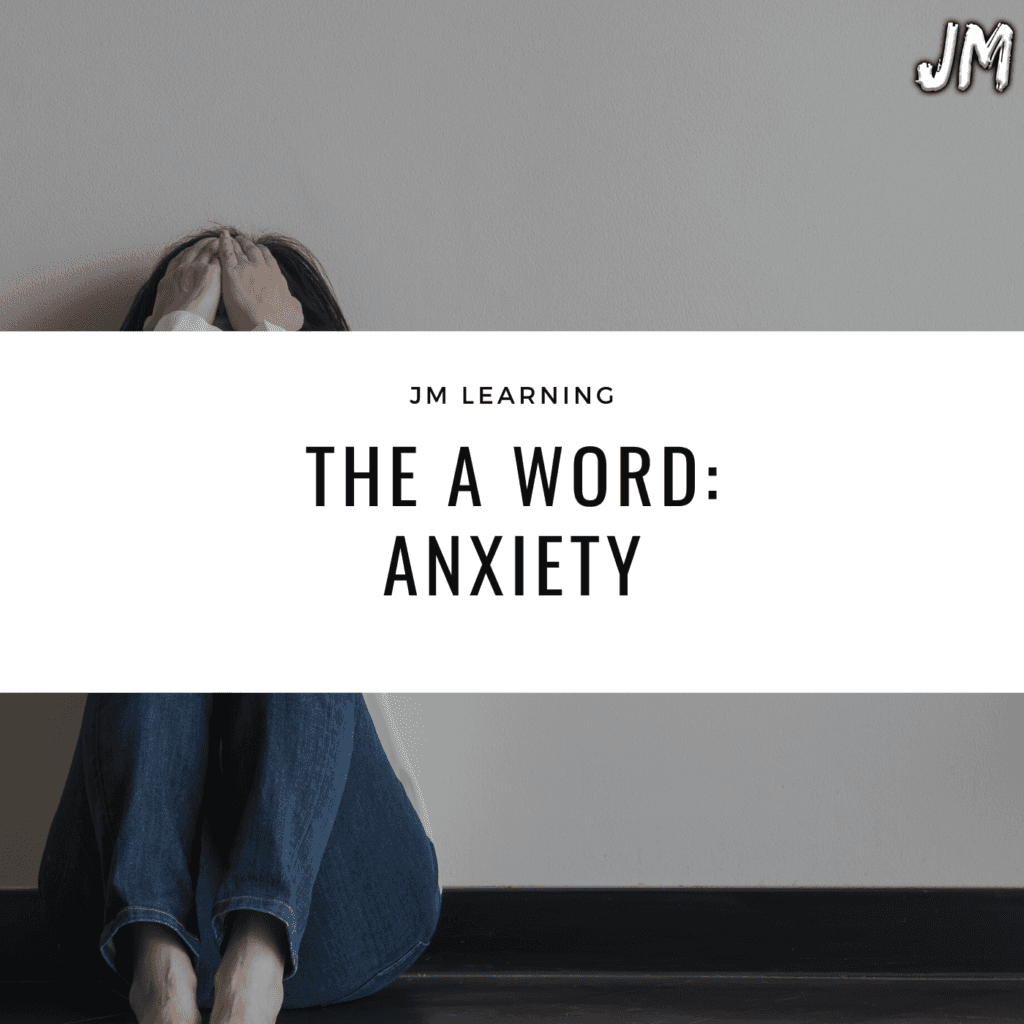MANAGING ANXIETY
The moment of truth has arrived. After weeks of relentless studying, you know you’re well prepared, and yet you’ve been running away from uncertainty since you woke up this morning. Now, as you enter the classroom, it has finally caught up to you. The air is thick, the teacher is silent, and your heart is pounding against your chest as if it is trying to escape a burning house. This is it: you are taking the exam. You also happen to be running away from a tiger, or at least your mind thinks you are.
Welcome to the jungle of anxiety.
You and now virtually every other human being alive suffer from the dreadful A word , albeit to varying degrees. So, where does it come from?
It turns out, fear was a useful tool back in the day and was responsible for keeping us alive. Fortunately, we no longer have to worry about being eaten by large animals; yet we are the most anxious society to date. The problem doesn’t lie in fear itself but in our inability to realize that it’s a false alarm.
If you haven’t noticed by now, your mind has a mind of its own. It is not concerned with your success; only with your survival. This is why our thoughts bombard us with worst-case scenarios at our most critical moments and why performance anxiety is so common. Because of all the pressure we put on ourselves to succeed, our minds are unable to distinguish the difference between failure and actual danger.
So what does failing a test mean? Perhaps it means that you’ll experience criticism, punishment, embarrassment, disapproval, you won’t graduate on time, or you’ll get rejected. There is always something of value on the line. The problem is we react as if it is our lives.
If only we could tell our brains to “chill out.”
Well, we can: by not saying anything.
Think of your mind as a child with a temper tantrum. You can react to the child, which usually aggravates them more, or you can ignore them until they calm down. In other words, you can’t control your thoughts, but you can manage your reactions to them. As Alan Watts said, “Muddy water is best cleared by leaving it alone.” If you want to have nerves of steel, your emotional response needs to be made of bamboo.
Paradoxically, you cannot be free of anxiety if your goal is to get rid of it. Instead, aim to be free from the suffering it’s causing you. You can do this by becoming a witness to your own thoughts. Next time you have anxiety before an exam, allow it to exist independently of yourself, like a passing cloud. Do not be concerned with it; let it be. Feelings are visitors, and the more you reject them, the longer they will overstay their welcome.
Remember that your mind is just a child: it doesn’t know any better. Understanding this mechanism of anxiety is your first step away from it. Creating further distance from your thoughts will take practice, so you must be patient with yourself. Understand that this is a slow knit, one that goes against the very nature of the quick-fix society you’re grown accustomed to.
Imagine what you could if you learned how to master your emotions. There are many books, exercises, and techniques that will help you along the way; it is education more valuable than any degree you’ll ever receive.
We suggest you invest in it.
